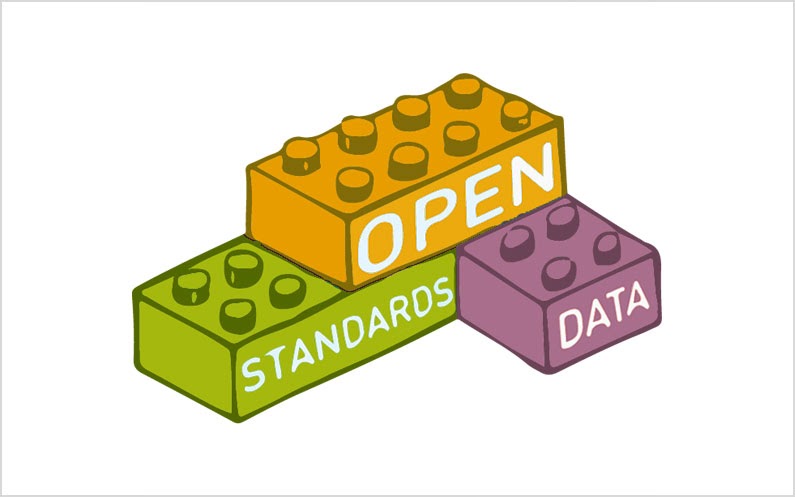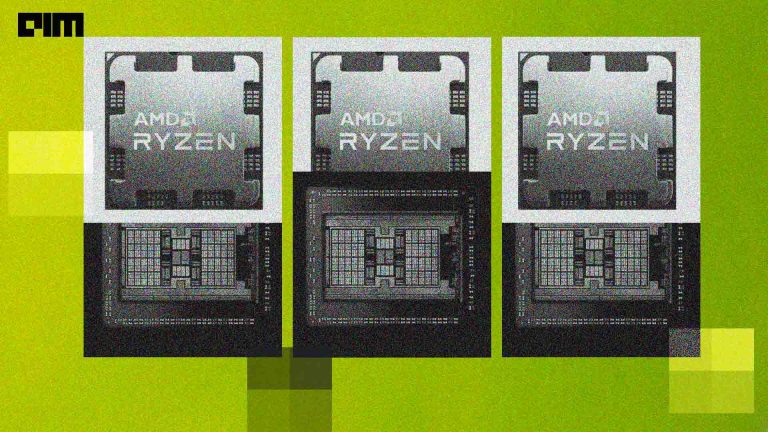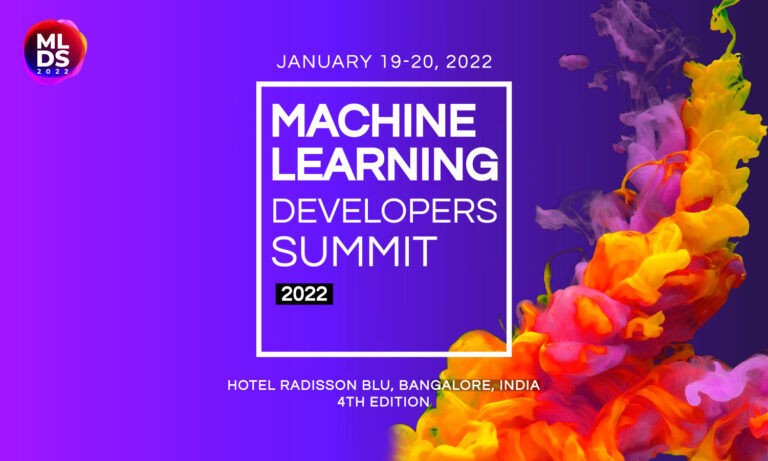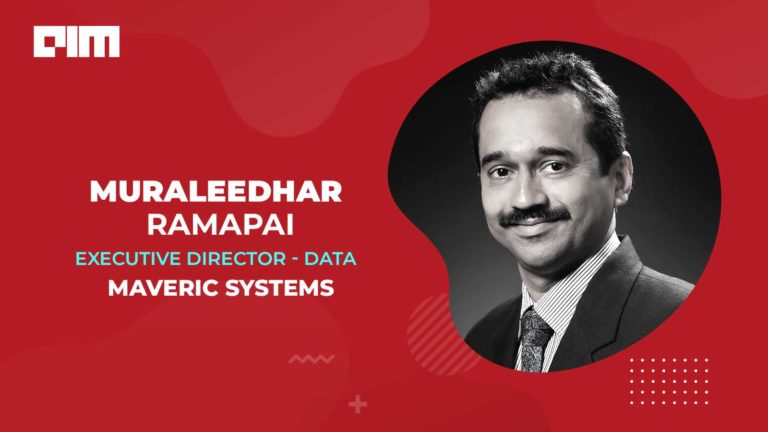To expand open standardisation, Linux Foundation has announced a new way for open source communities to create Open Standards. The foundation calls it the Community Specification to enable communities to build standards and specifications utilising the tools and strategies that are encouraged and backed by open-source developers. The Community Specification brings the smooth approach of open-source collaborations to standards development. The standards development is designed for Git-based workflows.
Linux Foundation has been working on open software standards for many years now. To give more context, in May this year, Linux Foundation, along with Joint Development Foundation (JDF), a member of the Foundation, announced their new ability to propose global standards by being accepted as an ISO/IEC JTC1 PAS submitter, and now the foundation has made its second submission for international review.
Software Package Data Exchange (SPDX) specification became the second ISO/IEC JTC 1 Submission from JDF. SPDX is an open standard for communicating software bill of material information, containing components, security references, copyrights, and licenses. The latest SPDX specification standard version has been developed in a completely open-source manner, for example, showing a track record within the Linux Foundation.
Why Open Software Standards Are Critical
Standards play a critical role not just in the technology world but in everyday life, with examples such as power plug, the USB connector type on mobile or laptop, or the WiFi to access the internet. For the technology to work, all of these devices need to be able to interoperate with one other, which can be accomplished with standardisation. Standards and specifications are significant for the creation or growth of new technologies, guaranteeing that the stemming products are well formulated, deliver reliable performance and that varied implementations can interoperate with each other.
Standards work even better when they are open for everyone to verify and contribute, which is the ethos of open-source. Known as Open Standards, such specifications were made available to the public and developed with a collaborative and transparent approach. Open standards provide interoperability and data exchange among various products or services and are built for widespread adoption.
The Joint Development Foundation (JDF) has created a very streamlined option of establishing open standards. It has organised a standardised set of formation documents and procedures that support the collaborators to pick from predefined licensing terms and conditions. JDF’s approach is “check-the-box” that has already allowed over 13 communities like GraphQL, and Trust Over IP to set up standards quickly, and support these communities to build technologies with global impact.
Tobie Langel, an Open-source strategy consultant and Principal at UnlockOpen, says “GraphQL joining the Linux Foundation rather than a standards body is yet another sign of the convergence happening between open-source and standardisation.”
Community Specification Is Bringing Open Software Standards To GitHub
While JDF has streamlined the production of new software standards, it has come up with its latest work, the Community Specification, an innovation which can be transformational for open-source developer communities.
The Community Specification builds on the best practices and delivers them to the Git repository development environments, which developers are already employing, and that makes it simple to get started. Developers can then begin using the Community Specification by bringing its terms into their repository and getting to work, exactly like an open-source project. For open-source projects, community specification approaches can lower the costs and decrease the amount of effort of building specifications. Beginning new standards can be a time consuming and costly project, and involves negotiating with multiple parties to deal with the legal and corporate formalities.
According to the Linux Foundation, the new system is “flexible, enabling small and large standards collaborations. And it’s built for growth. When or if the time is right, Community Specification projects can move to the Joint Development Foundation or another standards body. From there, the Joint Development Foundation can provide a path to international standardisation.”
Community Specification is based on Git-based repositories like GitHub and GitLab as its platform for building new technology standards. To make this process attractive to developers, the foundation has used a single consolidated set of agreements for technology contributions, code of conduct, source code, patents, copyright, and governance.
Linux Foundation says, “the Community Specification is the next step in reducing the friction of standards development. By incorporating the Community Specification materials into a Git-based repository, communities can now start a standards development effort as quickly as an open-source project, using proven standards-based best practices for governance and intellectual property. And it’s free. The Community Specification provides a standards-organization-in-a-repo. All you have to do is clone or copy the Community Specifications repository, fill in a few details, and get started.”
As part of the Joint Development ecosystem, the projects may also get the benefits of being part of the largest developer ecosystem in the world at the Linux Foundation. Any standard-creation project may apply to submit the specification to JTC1/ISO/IEC through the Joint Development Foundation, which enables the specification to reach standards bodies across the globe. In its functional role as an ISO PAS submitter, JDF and Linux Foundation now can move from idea to code, to standard, to a globally recognised standard, and thus significantly improving the reach and availability of the technologies built by open-source communities.



















































































